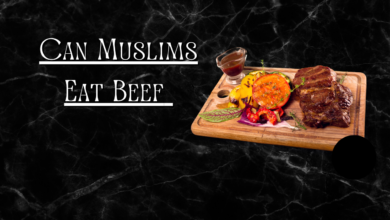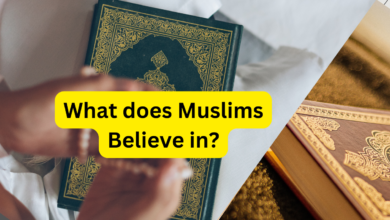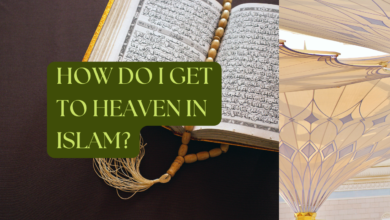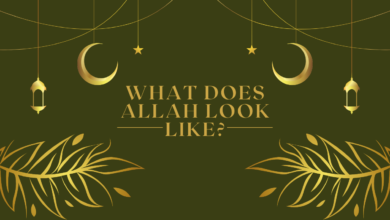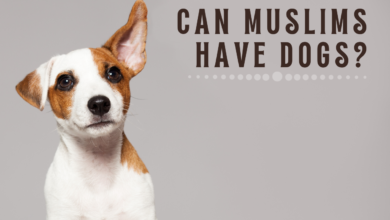Is Morocco an Islamic Country?
Navigating Morocco's Islamic Heritage in a Diverse Cultural Landscap
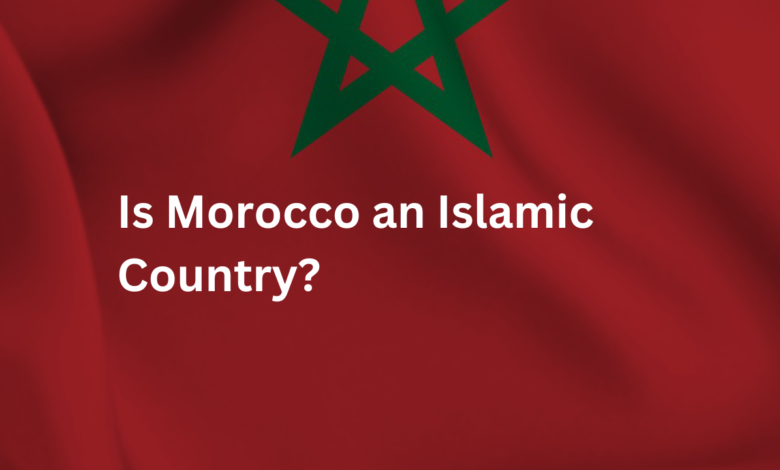
Is Morocco an Islamic Country?
Yes, Morocco is an Islamic country, as Islam is the state religion, and the King holds the title of “Commander of the Faithful.”
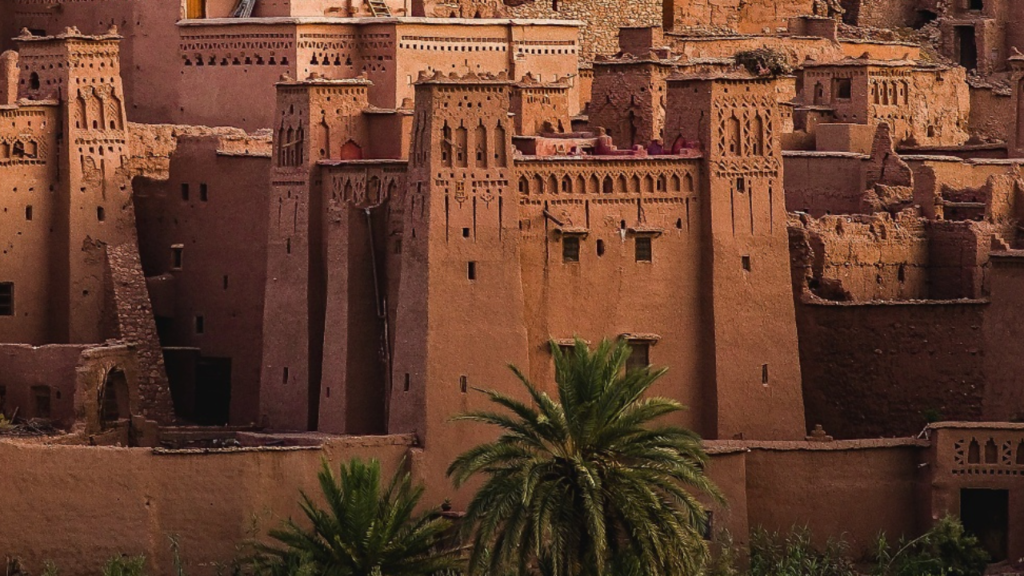
Introduction
Morocco, a country known for its rich history, diverse culture, and stunning landscapes, is often associated with Islam due to its predominantly Muslim population. However, the question of whether Morocco is an Islamic country is more complex than a simple yes or no answer. To fully comprehend Morocco’s relationship with Islam, it is essential to delve into the nation’s history, culture, and its unique approach to religion.
Historical Perspective
Morocco’s history is deeply intertwined with Islam. The Arab-Muslim influence began in the 7th century when Arab armies introduced Islam to the region. The country subsequently became a center of Islamic culture, learning, and trade. The Moroccan dynasties that followed, such as the Almoravids, Almohads, and Merinids, played pivotal roles in shaping the religious and cultural identity of the nation.
Morocco has a long history of embracing Islamic values and principles, which are enshrined in its constitution. The preamble of the Moroccan constitution explicitly states that Islam is the state religion and that the King is the “Commander of the Faithful.” This constitutional provision underscores the importance of Islam in the country’s governance and social fabric.
Also check.
- Who is the Wessiah in Islam?
- What is Wudu in Islam?
- What is Jihad in Islam?
- Why did Islam Spread So Quickly?
- What are the Holy Books of Islam?
Religious Diversity
While Islam is the predominant religion in Morocco, the nation is not a monolithic religious entity. It is a diverse country with various religious, ethnic, and cultural groups. Alongside Sunni Islam, Morocco has a small Shia Muslim minority and a significant Amazigh (Berber) population, which often adheres to pre-Islamic traditions and beliefs. Additionally, there are Christian and Jewish communities that have coexisted with the Muslim majority for centuries.
Morocco’s approach to religious diversity is influenced by its historical tradition of tolerance and coexistence. The country’s constitution guarantees freedom of worship, allowing religious minorities to practice their faith freely. Jewish heritage, in particular, holds a special place in Moroccan society, with numerous historical Jewish sites and synagogues still preserved and celebrated.
Cultural Syncretism
One of Morocco’s unique aspects is the syncretism between Islamic values and its indigenous Amazigh culture. This blending of traditions has resulted in a distinct Moroccan identity that incorporates Islamic principles into daily life while maintaining a strong connection to local customs and practices.
For instance, Islamic festivals like Ramadan are celebrated with traditional Moroccan dishes, and the architecture often reflects a blend of Islamic and Amazigh design elements. Moreover, the Moroccan music and art scene is infused with both Islamic and Amazigh influences, creating a rich cultural tapestry that sets Morocco apart.
Tourism and Modernity
In recent years, Morocco has made significant strides towards modernization, leading to greater cultural and religious diversity in urban centers. Tourism has played a crucial role in this transformation, with visitors from around the world exploring the country’s historical sites, enjoying its cuisine, and experiencing its unique cultural blend.
In cities like Marrakech, Casablanca, and Fes, one can find a diverse array of lifestyles, beliefs, and practices. Modern Morocco is a dynamic nation where traditional Islamic values coexist with contemporary influences, reflecting the changing dynamics of a globalized world.
Conclusion
Is Morocco an Islamic country? Yes, it is, in the sense that Islam is the state religion and plays a central role in the nation’s cultural and historical identity. However, Morocco is not defined solely by its Islamic character. It is a country where religious diversity, cultural syncretism, and modernity have contributed to a complex and multifaceted society.
Understanding Morocco’s relationship with Islam requires recognizing the nuances of its history, culture, and the values that have shaped the nation. Morocco’s ability to embrace diversity while maintaining its Islamic heritage is a testament to the country’s unique character and its place in the global community.
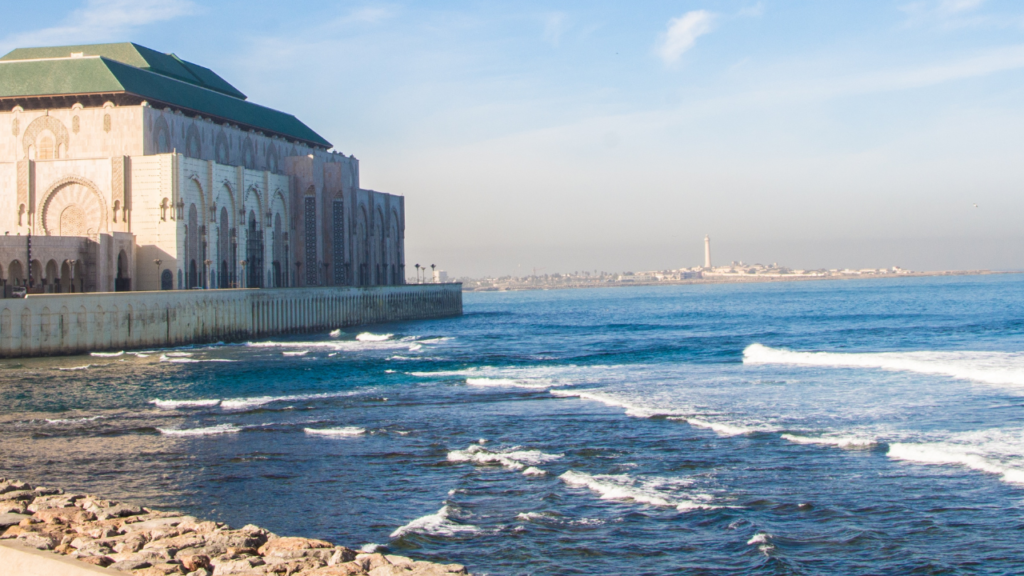
FAQs
Is Morocco an Islamic country?
Yes, Morocco is an Islamic country, as Islam is the state religion, and the King holds the title of “Commander of the Faithful.”
What is the predominant religion in Morocco?
Sunni Islam is the predominant religion in Morocco, followed by a small Shia Muslim minority.
Are there religious minorities in Morocco?
Yes, Morocco is home to religious minorities, including Christians and Jews, who have coexisted with the Muslim majority for centuries.
Does Morocco allow freedom of worship?
Yes, Morocco’s constitution guarantees freedom of worship, allowing religious minorities to practice their faith freely.
How does Moroccan culture blend with Islamic values?
Moroccan culture is deeply influenced by Islam, with traditional festivals, architecture, and cuisine reflecting a blend of Islamic principles and local customs.
What role does Amazigh culture play in Morocco’s identity?
Amazigh culture is an integral part of Morocco’s identity, and its traditions often coexist with Islamic values, contributing to the nation’s unique cultural tapestry.
How has modernization impacted Morocco’s Islamic character?
Modernization, influenced by tourism and globalization, has led to greater cultural diversity in Morocco’s urban centers, where traditional Islamic values coexist with contemporary influences.
Are there historical sites related to Morocco’s Islamic heritage?
Yes, Morocco boasts numerous historical sites and mosques that reflect its Islamic heritage, such as the Hassan II Mosque in Casablanca and the University of Al Quaraouiyine in Fes.
What is the significance of the King’s title as the “Commander of the Faithful”?
The title of “Commander of the Faithful” signifies the King’s role as the religious leader in Morocco and underscores the importance of Islam in the nation’s governance.
